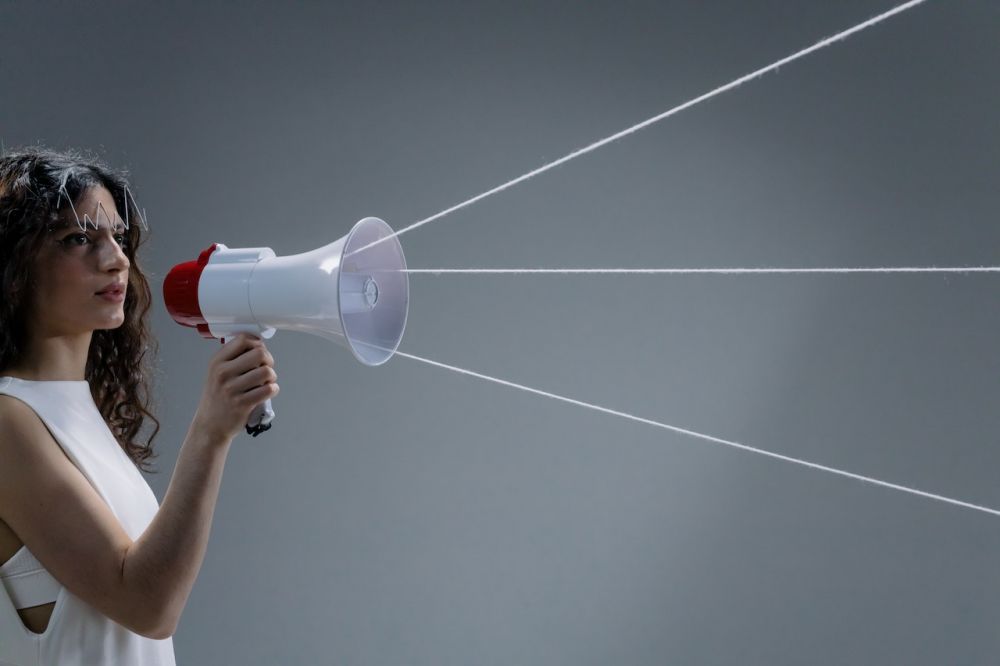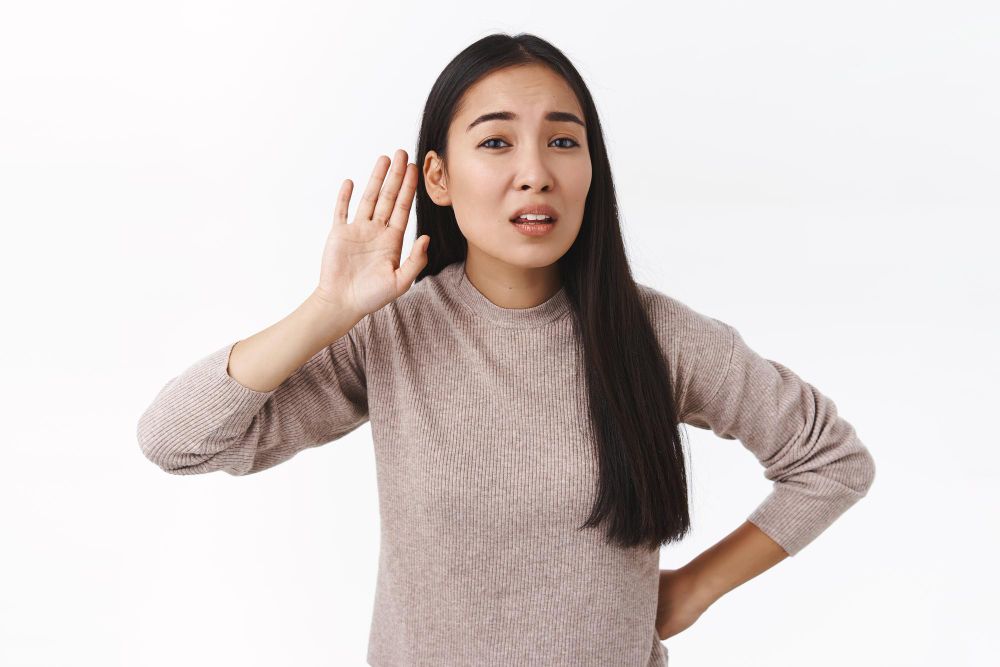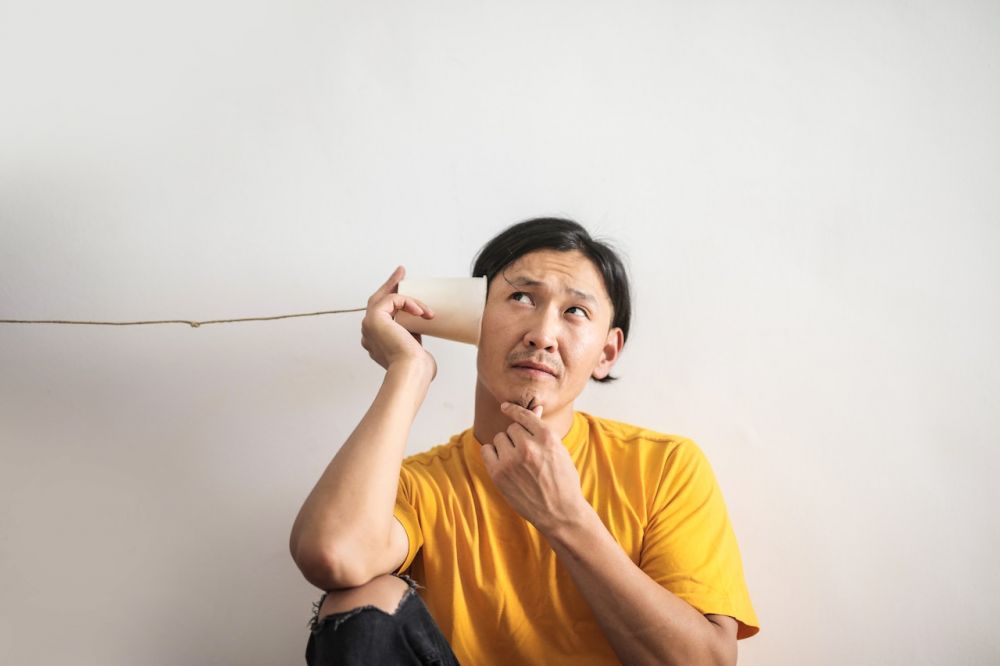Some people may unknowingly hear noises or sounds loud noise everyday. For example, the sound of a vehicle horn on the road or the sound of an electronic device.
Sound that is at a safe level doesn’t actually interfere with hearing. However, louder sounds can interfere with hearing. Hearing also slowly decreases without realizing it. Why can loud noises interfere with hearing?
1. Hearing impairment
The Centers for Disease Control and Prevention (CDC) of the United States explain it hearing problem it is a decrease in the ability to hear or understand speech and surrounding sounds. Hearing loss can affect different parts of the ear, or the nerves that send sound information to the brain don’t work properly.
According to the World Health Organization (WHO), hearing loss caused by loud noise can occur directly, for example due to sudden loud noises. However, hearing loss is most often gradual and often goes unnoticed.
In some cases, hearing loss is temporary. For example, after leaving a very loud event, it’s usually hard to hear quiet sounds for a while. Hearing usually returns to normal within a few hours to a few days. However, hearing loss can also be permanent when a vital part of the ear is damaged and cannot be fixed.
2. Repeated loud noises can interfere with hearing
Everyday noises usually do not damage your hearing. However, activities that produce loud sounds and are performed repeatedly can cause hearing loss.
Sound intensity is measured in decibels (dB). The whisper sound is about 30dB, while the normal talking sound is about 60dB. Sound levels below 80dB do not cause hearing damage.
WHO recommends keeping exposure to audible sound below 70dB for 24 hours to prevent hearing loss. Sound above 70dB for a long time can cause hearing loss. Meanwhile, loud noises above 120dB cause direct damage to the ear.
Read also: Selective hearing: definition, advantages and disadvantages and how to train it
3. Why does listening to loud sounds interfere with my hearing?
Continue reading the article below
Editor’s picks
Loud noises can damage the hair, membranes, nerves or other parts of the ear. As a result, there is temporary or permanent hearing loss.
National Institute on Deafness and Other Communication Disorders it also explains the same thing, that loud noises can damage the tiny hair cells in the cochlea, which is a small, slug-shaped organ in the inner ear. Years of repeated exposure to loud noises can affect your ability to hear.
4. Damage to the hair cells in the ear causes hearing loss
The average person has around 16,000 hair cells in the cochlea at birth. These hair cells allow the brain to detect sound.
When you hear a loud sound, the hair cells become more folded. Usually, the hair cells straighten out again when they recover. However, too loud a sound can damage more hair cells and some of them even die. More frequent exposure to loud noises can also destroy more hair cells.
These conditions gradually reduce your ability to hear. When hearing loss occurs, many hair cells are damaged and cannot be repaired as before.
5. The louder the sound, the faster the hearing loss occurs
Besides being able to damage hair cells, loud noises can also damage the auditory nerve that carries sound-related information to the brain. Loud noises can cause hearing loss quickly or slowly over time.
Hearing loss due to loud noise can be affected by various factors, such as the intensity of the sound and the duration of exposure to the sound. The louder the sound, the faster hearing loss occurs. Also, the longer the exposure time to sound heard, the greater the risk of hearing loss.
Too loud sound continuously can interfere with hearing. The hearing loss that occurs can be temporary or permanent. Loud noises can interfere with hearing because loud noises can damage the tiny hair cells in the ear.
Also Read: 7 Ways To Prevent Hearing Loss Before It’s Too Late!
IDN Times Community is a media that provides a platform for writing. All written works are entirely under the responsibility of the author.






